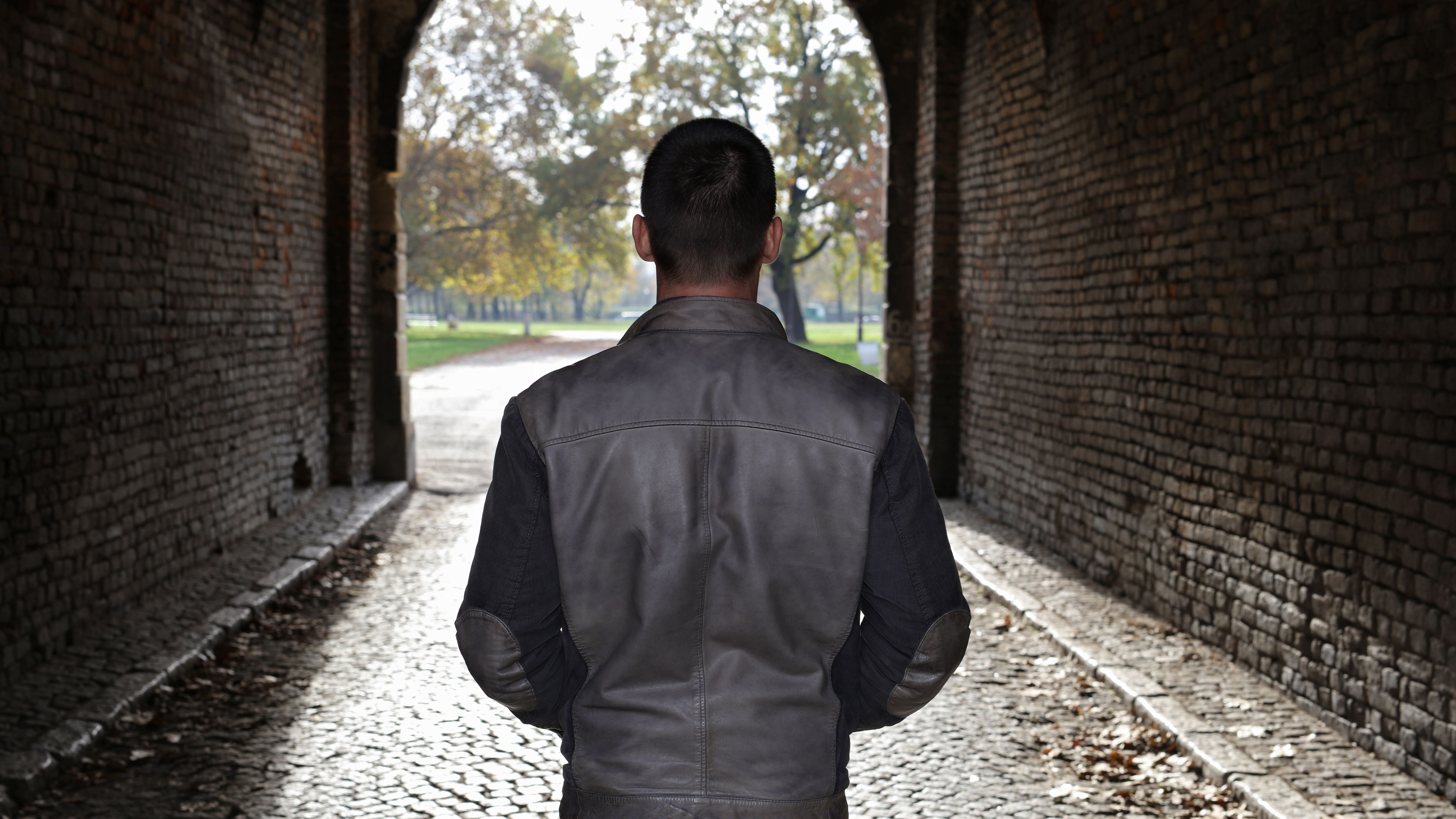
Heroin Detox
Heroin is an illegal drug derived from the seeds of the opium poppy plant. It is estimated that in 2020 over 902,000 people used heroin. People can become addicted to the effects of heroin after a single use and it's effects can affect the brain as well as the body. Withdrawal symptoms from heroin can be strong and a rehab detox is one of the most effective ways to stop heroin use for good.
Dependence, Withdrawal, and How to Know if You Need Treatment
After even a short period of abuse, many will develop significant heroin dependence. When someone has become physically dependent on heroin, it means that their brain has adjusted to regularly having a certain level of heroin in their body. When someone who is dependent upon it stops using heroin, they will experience unpleasant and sustained withdrawal symptoms.
Heroin Withdrawal
When someone is physically addicted to heroin and then tries to stop using it, they will experience a host of uncomfortable and stressful withdrawal symptoms. The physical symptoms of of heroin withdrawal include diarrhoea, vomiting, aching muscles and bones, chills, and will often make it harder to quit because the addict will be tempted to continue using heroin to stave off or decrease the unpleasant sensations of withdrawing. A Professional, supervised medical detox and withdrawal management plan will go a long way to make this period of recovery more comfortable for those hoping to quit heroin for good.
How you know if You or someone you care about needs Heroin Addiction Treatment
Substance abusers are treatable and can be managed successfully with the proper supervision and treatment. You may already recognise signs and symptoms in yourself or those you care about that suggest that you or they might be struggling with a heroin addiction, such as cravings, failing to manage your use, continuing to use despite addictive symptoms, and experiencing strong withdrawal symptoms when use decreases or stops; it may be best for you to consult with your doctor or other professional when determining what level of heroin addiction care would benefit you the most. We are here to discuss your needs now. Please contact us if you are ready to get help with a heroin addiction.
Heroin addiction treatment after calling us at Findrehab.co.uk can be customised to fit a variety for those in need of substance abuse treatment. Treatment tailored to individual needs can be the key to success in recovery. Some people will need more intensive care, others may need a more flexible approach in their treatment duration due to work or family responsibilities.
Frequently asked questions
- What is heroin detox?
-
Heroin detox, also called heroin withdrawal management, is a process of medically supervised support to help you stop using heroin safely. It addresses the physical and psychological symptoms that occur when you reduce or stop taking heroin.
- How long does heroin detox last?
-
Heroin detox usually lasts 1-2 weeks. The most intense withdrawal symptoms typically occur within the first 72 hours and improve over a few days. However, cravings and other lingering effects can persist for months. It is best to undergo intensive therapy after detox in order to help prevent relapse.
- What happens during heroin detox?
-
In a medically supervised programme, you'll be given treatments to manage your symptoms and make you more comfortable. This may include: • Medications to relieve nausea, pain and insomnia • Substitute medications like methadone or buprenorphine to suppress severe withdrawal symptoms • Vitamins and fluids to avoid dehydration and malnutrition • Monitoring of vital signs and urine drug screens • Psychological support and coping techniques
- What are the risks of unsupported heroin detox?
-
Without medical supervision, heroin withdrawal can cause severe symptoms including: • Dehydration and malnutrition • Collapse or loss of consciousness • Seizures • Severe anxiety, depression and suicidal thoughts • Hospital admission is often required
- Are there medications to help with heroin detox?
-
Yes, medications like methadone and buprenorphine can ease the discomfort of heroin withdrawal and lower your risk of relapse. They satisfy opioid receptors in the brain to alleviate symptoms while their dose is slowly tapered over time.
- What happens after heroin detox?
-
After completing medically supervised detox, most people transition to a rehabilitation programme. This supports long-term recovery through counselling, skills training, group therapy, and relapse prevention strategies. Ongoing support also combats the risk of returning to heroin use.